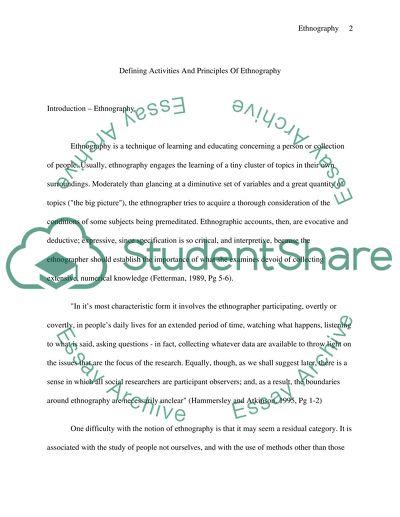Cite this document
(“Defining Activities And Principles Of Ethnography Essay”, n.d.)
Defining Activities And Principles Of Ethnography Essay. Retrieved from https://studentshare.org/miscellaneous/1512229-defining-activities-and-principles-of-ethnography
Defining Activities And Principles Of Ethnography Essay. Retrieved from https://studentshare.org/miscellaneous/1512229-defining-activities-and-principles-of-ethnography
(Defining Activities And Principles Of Ethnography Essay)
Defining Activities And Principles Of Ethnography Essay. https://studentshare.org/miscellaneous/1512229-defining-activities-and-principles-of-ethnography.
Defining Activities And Principles Of Ethnography Essay. https://studentshare.org/miscellaneous/1512229-defining-activities-and-principles-of-ethnography.
“Defining Activities And Principles Of Ethnography Essay”, n.d. https://studentshare.org/miscellaneous/1512229-defining-activities-and-principles-of-ethnography.


